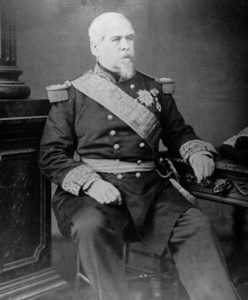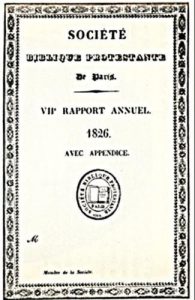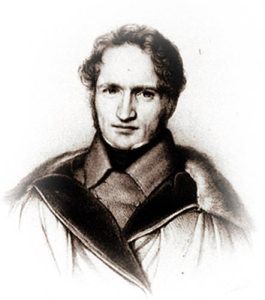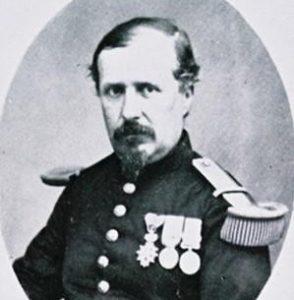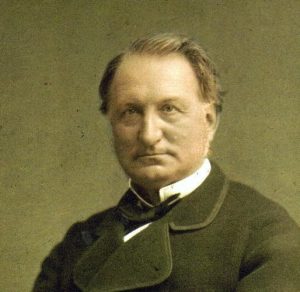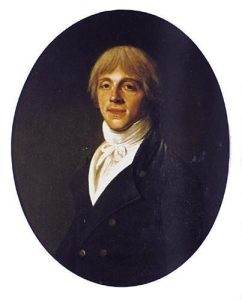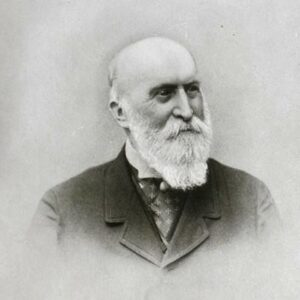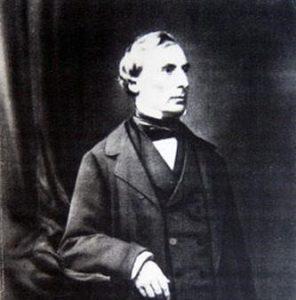A Statesman and a soldier
He was born in Nîmes, the son of Antoine Chabaud-Latour, deputy for the Gard department. He studied at the Ecole Polytechnique, and became a military engineer. He took part in various campaigns, especially in Algeria, and was aide-de-camp to the Duc d’Orléans. From 1837 to 1848 he was député for the Gard. He then joined the army once more and was promoted general in 1853. In 1870, he worked with the committee for the fortifications of Paris. He commanded the Engineering Corps during the siege of Paris.
In 1871 he was once again elected député for the Gard, as member of the centre-right party. He was Minister for the Interior from July 1874 to March 1875 in the Second cabinet for Moral Order, with Cornélis de Witt, Guizot’s son-in-law, as under-Secretary of State. Many Protestants have reproached this very conservative man with his clericalism. He did not hesitate to approve measures restricting both publicity for civil funerals and even the freedom of evangelization.
Advocate of the evangelical trend
He belonged to a very influential group of lay evangelicals in the administration of the Reformed Church in Paris. In 1859, the government appointed him to the Conseil Central des Eglises Réformées (Central Council of the Reformed Churches), where he defended the evangelicals’ opinions ; he was to be very active in the various groups organized by the latter to oppose the liberals. In 1866, he was chosen to chair the Paris Reformed Church’s Société fraternelle pour l’évangélisation paroissiale . In 1868 he succeeded F.Delessert as chairman of the Société biblique de France (French Bible Society) established by the evangelicals in 1864 after the split in the Société biblique protestante de Paris. In 1872, he attended the General Synod of the Reformed Church as lay representative of the Eglise de Paris.

